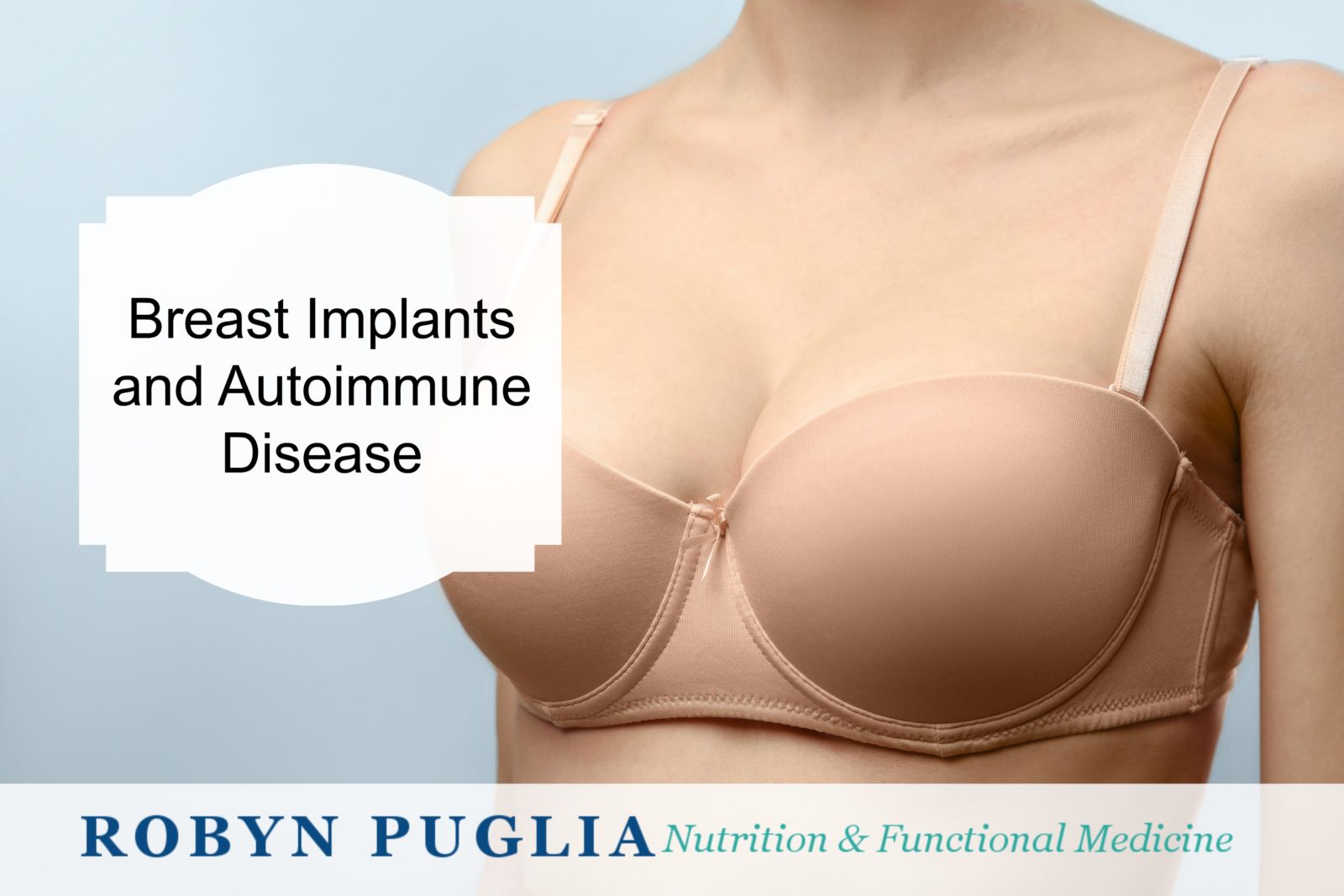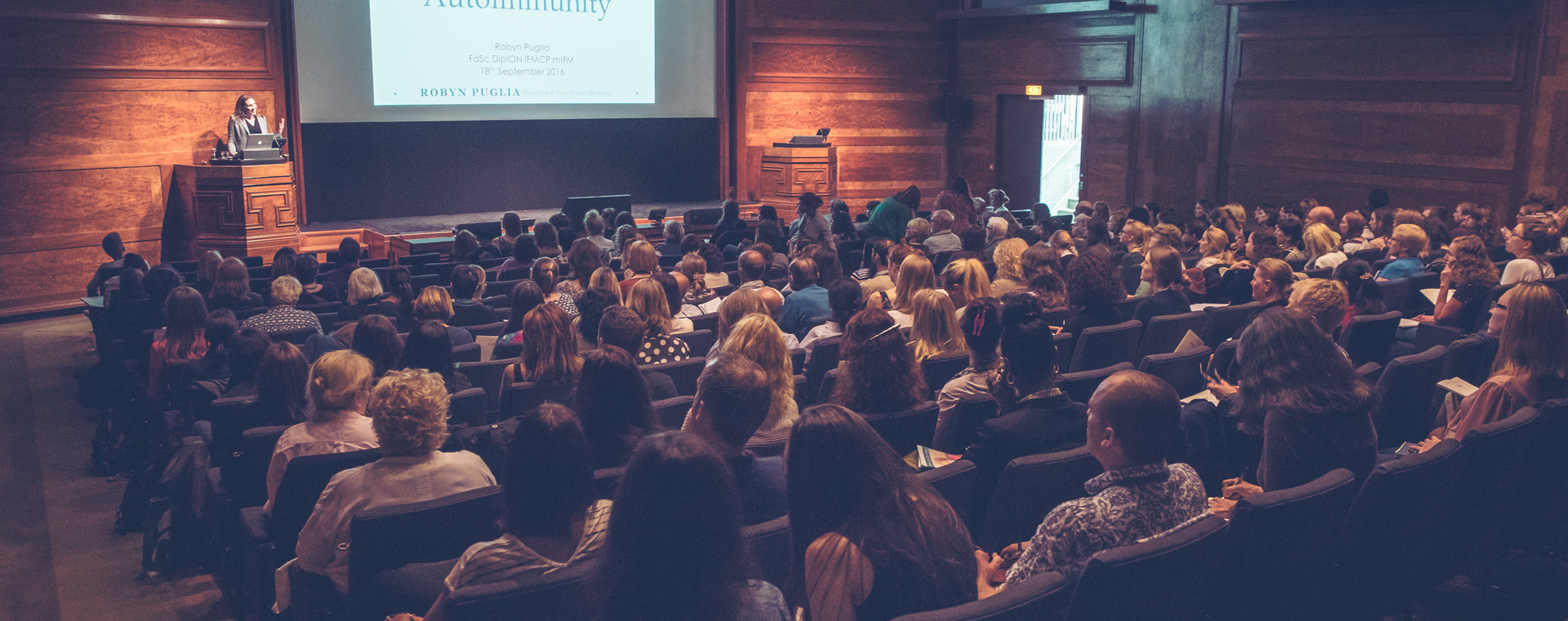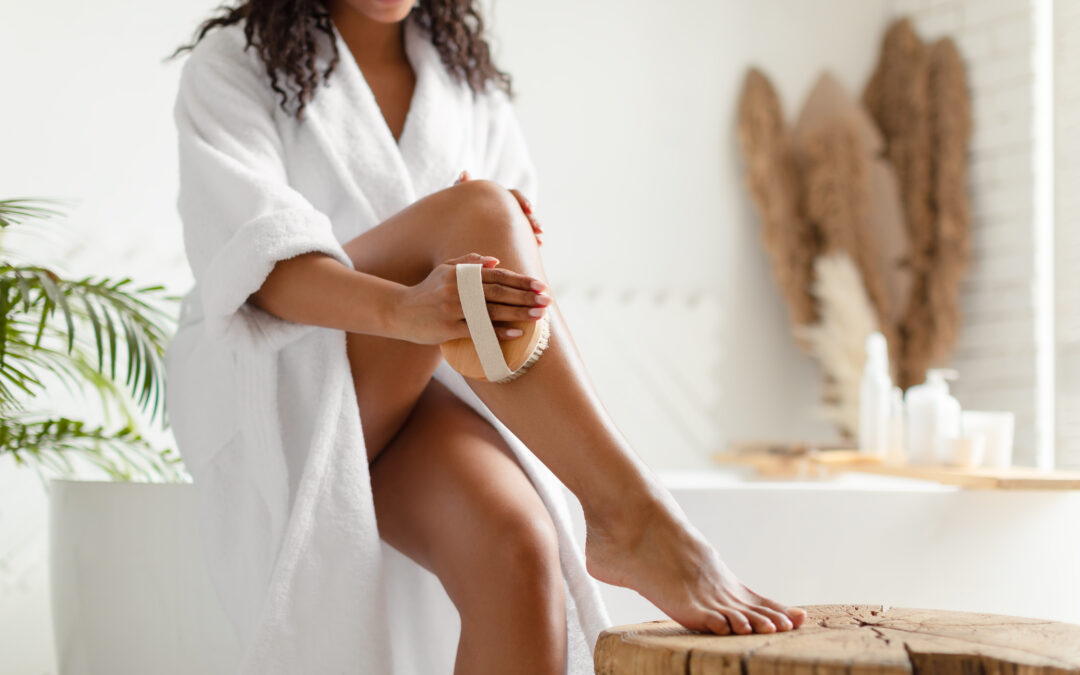As women, we have a complicated relationship with our breasts. And breast augmentation remains a popular option – in 2018 it was the top plastic surgery procedure in the UK. If you have breast implants, you remember the boost of confidence you had when the bandages were off, and how powerful that made you feel.
But if you’re feeling off, and your body is not responding the way you think it should to health interventions AND you have breast implants – they may be making you ill and contributing to your autoimmunity!
Are Breast Implants Causing Health Problems for Women?
For years, many patients with silicone breast implants have complained of a constellation of symptoms that have been named breast implant illness (BII). This term is unrecognised in the world of medicine, but often used to explain when a woman would be cured of her mysterious symptoms almost overnight – by having her implants removed.
Back in 2012, a scandal broke when thousands of women in the UK discovered the implants inside their bodies were made from silicone normally used to make mattresses (as opposed to medical-grade), and were at an increased risk of leaking. All implants made by Poly Implant Prostheses (PIP) were affected. In fact, a number of women were already experiencing painful and worrying symptoms.
In 2019, a study was published, examining the long-term outcomes of silicone breast implants in almost one hundred thousand patients. Although the researchers were blocked by cosmetic surgery providers from accessing all the necessary information, it became clear that having silicone breast implants raises the risk of developing an autoimmune disease. Silicone implants have been connected with higher rates of Sjogren syndrome and rheumatoid arthritis.
Now, I’m not a believer of the Daily Mail or other ‘popular media’ as a source of medical information, but in the last few years many people in the public eye are having their breast implants removed, including:
- Crystal Hefner – a model who struggled with a number of health conditions including lupus and thyroid issues, which were made much worse by having implants.
- Television personality Michelle Visage – who made the decision to get her implants removed after receiving a diagnosis of Hashimoto’s thyroiditis.
- Karissa Pukas – the YouTuber experienced extreme brain-fog, fatigue, and hair loss when she underwent breast augmentation in 2014.
And many more besides are going public with their stories in the media, on their personal blogs or on youtube.
While it’s clear there are health risks related to breast implant surgery, how do your implants contribute to your autoimmune disease?
What Are the Symptoms of Silicone Toxicity?
Silicone is a synthetic polymer, used widely because it is considered-low toxic, and has high-heat resistance – which is why it’s a popular material used to make baking ware! Silicone can be made into a solid but flexible form – a plastic with rubberised qualities – but it can also be a liquid. A silicone breast implant is typically made up of a solid, supple silicone shell, containing the liquid form inside. Often the silicone used for the shell is mixed with a form of silica. There are many other ingredients in a breast implant as well as silicone, any of which can be problematic for an individual, depending on personal susceptibly.
Now, silicone is classed as a low-toxic material, which means it’s safe to keep using to bake muffins and poach eggs, but low-toxic doesn’t mean non-toxic – and it’s worrying that a low-toxic material can be classified as biocompatible when it provokes an “acceptable” range of inflammation!
Your breast implants may be contributing to your toxic burden – the cumulative effect of toxin exposure you experience every day. Your surgeon may have warned you about the risk of rupture – where the implant ruptures and the silicone gel leaks into your breast tissue, and lymph nodes, but the risks of a more insidious autoimmune reaction are downplayed by the industry.
Do you have breast implants, and feel:
- Constant fatigue?
- Brain fog?
- Pain in your joints?
- Backache?
- Hair loss?
- Unexplained rashes?
- Lyme disease symptoms, such as headaches, dizziness, sleep disturbance, or cognitive decline?
If so, then your body may not be tolerating your breast implants.
Though the mechanism of how the silicone makes you sick has yet to be studied, it’s been suggested that when your implants are initially added, your immune system flare-ups, and this can trigger or exacerbate autoimmunity in susceptible women.
After working with autoimmunity for many years now, I think that there are likely multiple different ways that breast implants impact autoimmunity and one or more of these can affect each individual. We know that environmental toxins can attach to human tissue. This changes the way your body reacts to these tissues as they no longer look like ‘self’ to the immune system and this mechanism is understand as part of the autoimmune process such as in rheumatoid arthritis.
It may be that the addition of a foreign body, in a human body that has broken tolerance may just be provocative and inflammatory as it is ‘non-self’.
And lastly it might be that the chemicals and silicone in implants creates extra toxic body-burden, impacting the detoxification system and creating oxidative stress, which could be a significant issue for some people and contribute to immune instability or autoimmune flares.
Are Saline Implants Safer Than Silicone Breast Implants?
Many patients are now offered a choice between silicone and saline breast implants. While saline implants may appear far more benign than their silicone sisters, putting any foreign item into your body carries some risk of inflammation. And in fact, saline implants use the same silicone shell technology.
Saline implants are filled once the implant is inserted, through a special valve. The valve allows the patient and doctor to have more control over the finished product, as the amount of saline can be adjusted later on. However, if the valve is damaged – perhaps during a car accident, or routine mammogram – it can result in fungus and bacteria growing inside and sometimes around the implant. Mould and bacterial infections can make you very ill, and create a huge toxin burden in your body. Imagine living with a mould infestation – but instead of it being in your house, it’s in your body, and you’re carrying it around with you everyday!
Should I Get My Silicone Breast Implants Removed?
Obviously I can’t tell you what to do here. But please do your research and also listen to your intuition on this matter. Implant removal is a complicated thing. You need to consider the impact of the surgery. You also need to consider the recovery process and your relationship with your body. For some women its a complete no-brainer and they can’t wait to get their implants out! For others there is more of a grieving process afterwards. The healing process after implant removal is also wildly different from woman to woman, depending on what other health-variables are at play.
The following are red flags for breast implants being an issue in your body.
- Experiencing autoimmunity symptoms
- Diagnosed with one or more autoimmune diseases
- Coming up to the “best before” date – most implants are only good for 10 years.
- Dealing with symptoms of brain fog, joint pain, or fatigue
- Have puffy, dark circles under your eyes
- Have lost tolerance to alcohol
When considering breast implant removal, research as much as you can. Ideally you need a surgeon well-experienced in implant removal – particularly in removal of the capsule (the scar tissue that grows around the implant). Remember: having the implants removed is just the beginning – you may need to remove toxins, and heal your body from the stress it was under for a while after the explant surgery and I really advise being professionally supported through this process.
Lastly, I think it’s important that I am clear about something. Breast implants don’t cause autoimmune disease. If that was true it would happen to everybody. However I believe them to be a significant factor for a specific group of susceptible women. Please read my other articles on autoimmune disease and watch my Youtube videos for more background information. Developing an autoimmune disease requires a few different variables to be in place, including genetic predisposition. Breast implants however may be the tipping point of stress in the body and the immune system, and if you have a diagnosed autoimmune disease then I think that you’re at very high risk of developing BII or other adverse reactions.
My signature program, The Foundations of Health is perfect if you have an autoimmune disease and you’re looking for a way to get your life back to where you think it should be. I guide you, and others in the same boat, to make real sustainable changes to your lifestyle and diet, healing you from within.
You can also click here to book a call with me. And be sure to receive new updates on blogs, recipes, and events when you sign up for my newsletter.






